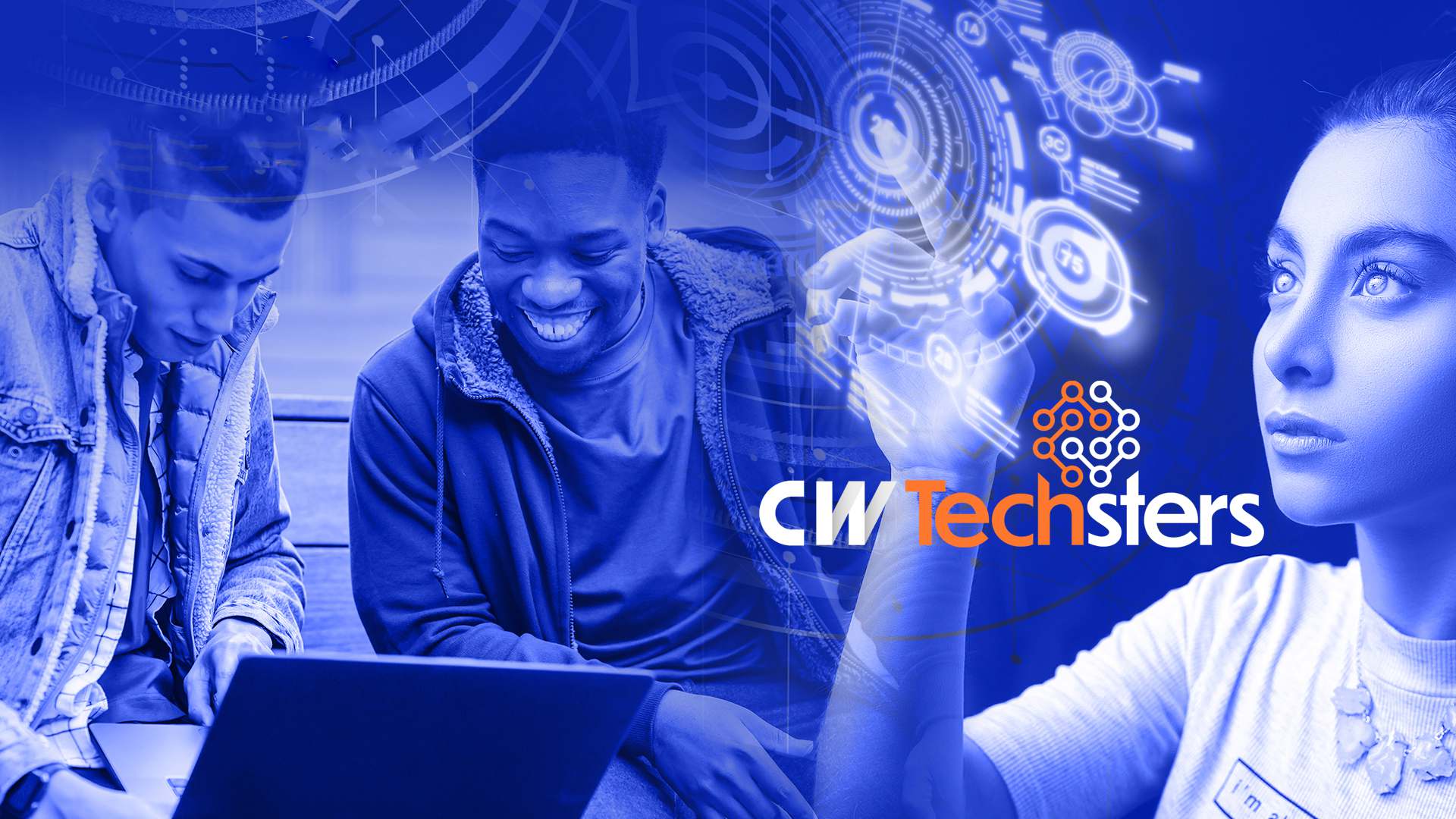Microsoft ElectionGuard provides a free, open-source software toolkit, which can be used in new and existing election systems to allow voters to verify that their votes have been accurately counted. Voters can check for themselves that their votes have been correctly recorded, and anyone—voters, candidates, media, or even casual observers—can verify that the recorded votes have been accurately tallied. This verifiability does not require trust in any software, hardware, or people whatsoever, and it does not compromise the privacy of voters or secrecy of their ballots.
In this webinar with Dr. Josh Benaloh, Senior Principal Cryptographer at Microsoft Research, learn how the ElectionGuard technology works and how anyone can write an independent verifier that processes all of the artifacts produced by ElectionGuard. Specifically, understand how verifiers can either confirm that the announced tallies are fully consistent with the recorded votes or identify specific inconsistencies that should be addressed. Finally, examine how ElectionGuard uses techniques like homomorphic encryption to achieve its properties with easy-to-understand examples. No cryptographic expertise will be assumed of viewers of this webinar.
Together, you’ll explore:
- How risk-limiting audits and end-to-end verifiability can enhance efficiency and detect inaccuracies in elections
- How privacy can be protected in a secret-ballot election using homomorphic encryption
- How verifiers work and can enable voters to confirm their vote in various ways
Dr. Josh Benaloh is Senior Principal Cryptographer at Microsoft Research and an Affiliate Faculty Member of the Paul G. Allen School of Computer Science and Engineering at the University of Washington, He earned his S.B. degree from the Massachusetts Institute of Technology and M.S., M.Phil., and Ph.D. degrees from Yale University where his 1987 doctoral dissertation, Verifiable Secret-Ballot Elections, introduced the use of homomorphic encryption to enable end-to-end verifiable election technologies.
Dr. Benaloh has served on the program committees of dozens of cryptography and election-related conferences and workshops and is a frequent speaker on the history, development, and mechanisms behind verifiable voting. He has also testified before Congress on voting technologies and served on the National Academies of Science, Engineering, and Medicine Committee on the Future of Voting.






